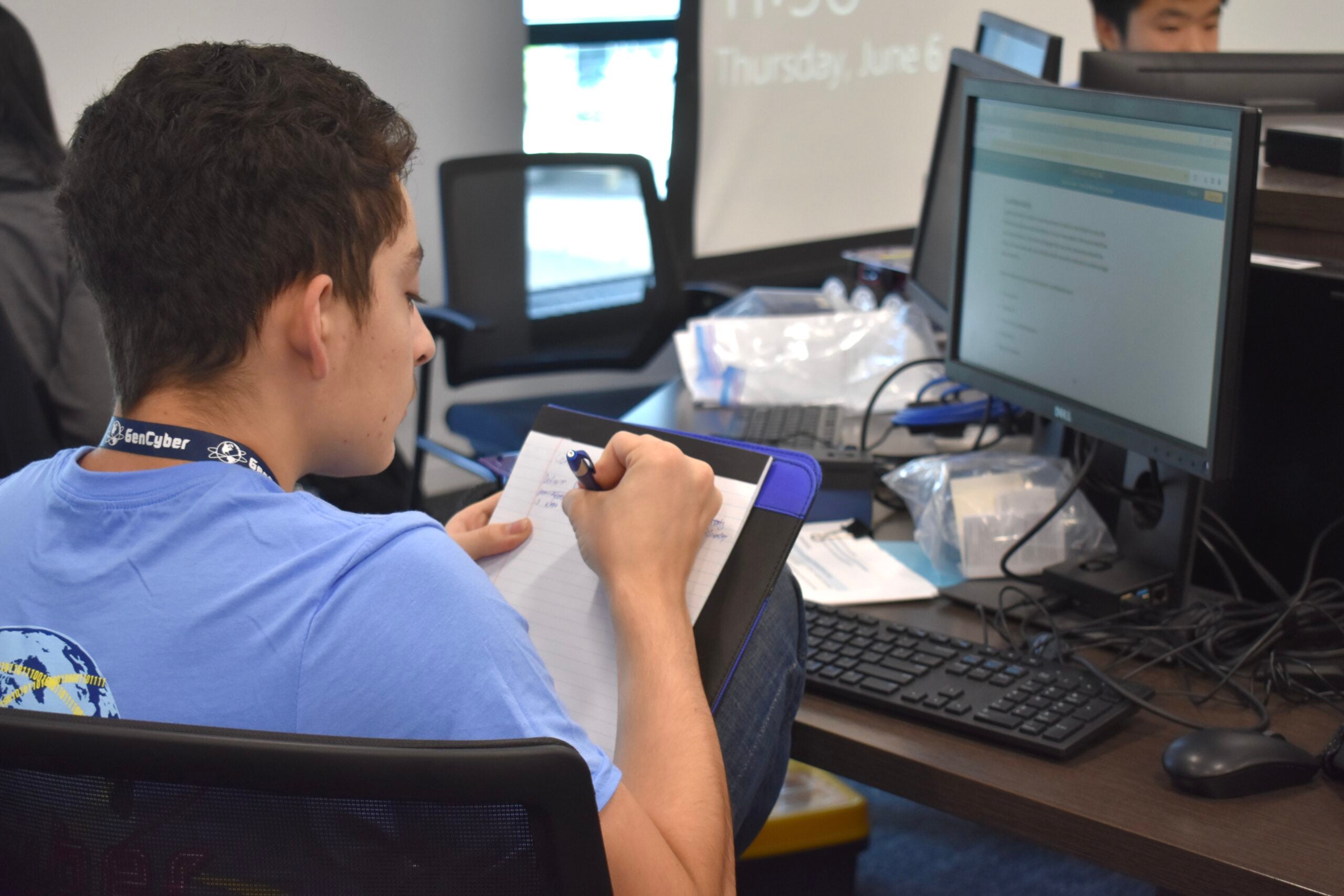Augusta University partnered with the Georgia Cyber Innovation and Training Center to offer 30 local high schoolers the opportunity to explore a diverse cybersecurity experience from June 2-7.
First created in 2015, the GenCyber Camp aims to expose rising high school juniors and seniors to potential careers and ongoing issues in cybersecurity while teaching them to secure their individual digital lifestyle.
MORE: Augusta Canal Authority embroiled in lawsuit against developers
Covering a variety of concepts, such as integrity, availability, cryptography, robotics, python programming, cryptanalysis, ethics and more, Camp Director Jonathan Sloan said GenCyber allowed professionals to give campers some important advice in addition to an impactful hands-on experience.
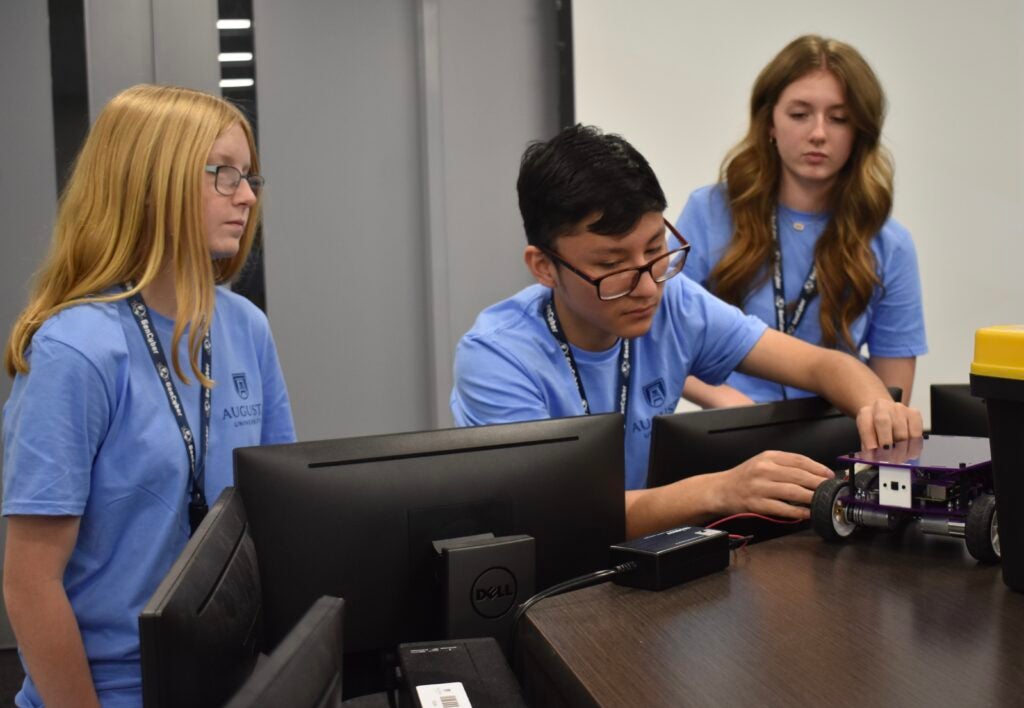
“We teach things like confidentiality and the importance of keeping things secret – like your online banking information,” he said. “We also teach integrity … and the concept of keeping things simple. To come up with a plan that will work but isn’t overly complicated.”
Comparing protecting one’s private and online information to that of a king protecting his castle, Sloan said one of the most important concepts campers can take away from GenCyber is how to keep themselves safe from online hackers and attacks.
“We have them picture it like a castle – a castle with a moat, a drawbridge and archers – so there’s not just one line of defense,” he said.
Utilizing the camp’s six days to tour the different departments of the cyber training center and inviting various speakers to teach participants, Sloan said he believed all participants end the week learning something new and possibly extremely useful for their future.
“They’re able to see interns closer to their own age, which lets them envision themselves in those positions,” he said. “NASA gives a career brief and they actually get to meet six NASA employees for a roundtable, so they can ask them questions.”
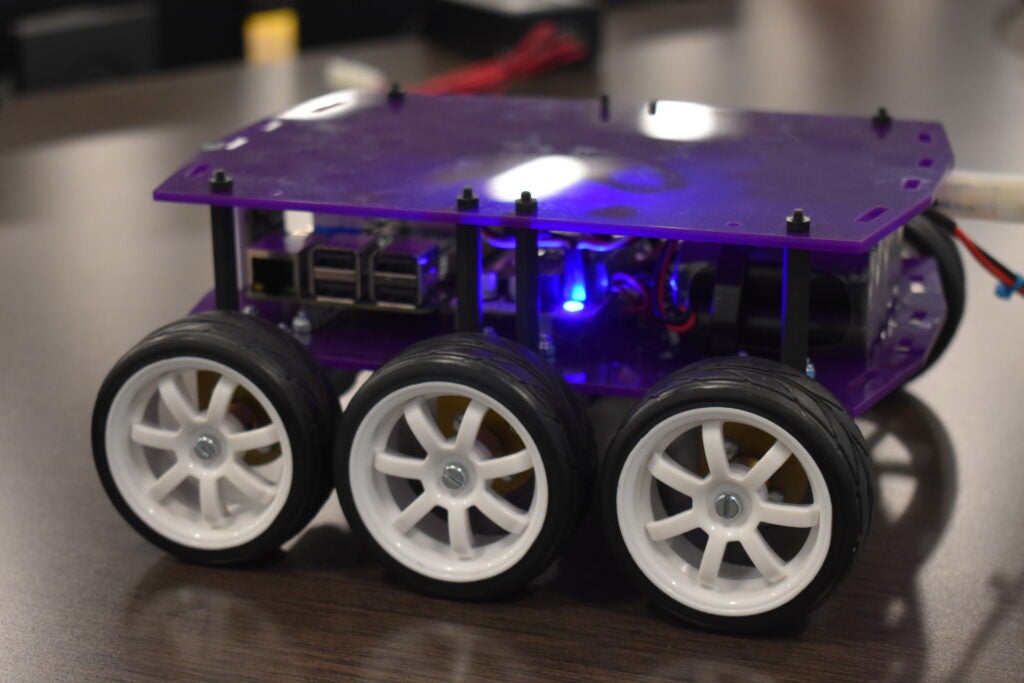
Although there were many lessons and skills, students were encouraged to remember, experienced camp counselor Robert Franklin said he hoped the attendees most of all walked away with fun and insightful memories through the multiple camp coding challenges.
“There’s no point in time where you will ever be perfect in cybersecurity. With coding even the greatest minds had failures,” he said. “But even with failures, you’re failing forward and you’re moving towards the bigger goal of making everything work at the end.”
Admitting to be a hands-on learner, Franklin said Camp GenCyber gave interested high schoolers easy access to more advanced computer science lessons, as well as introducing them to like-minded peers.
“These campers know way more than I ever would have at the age of 16 and 17,” he said. “I believe that, within actually building robots and getting their hands on stuff they’ve never really done before, they are able to better understand all the things they can do from programming robots to hacking somebody else’s system.”
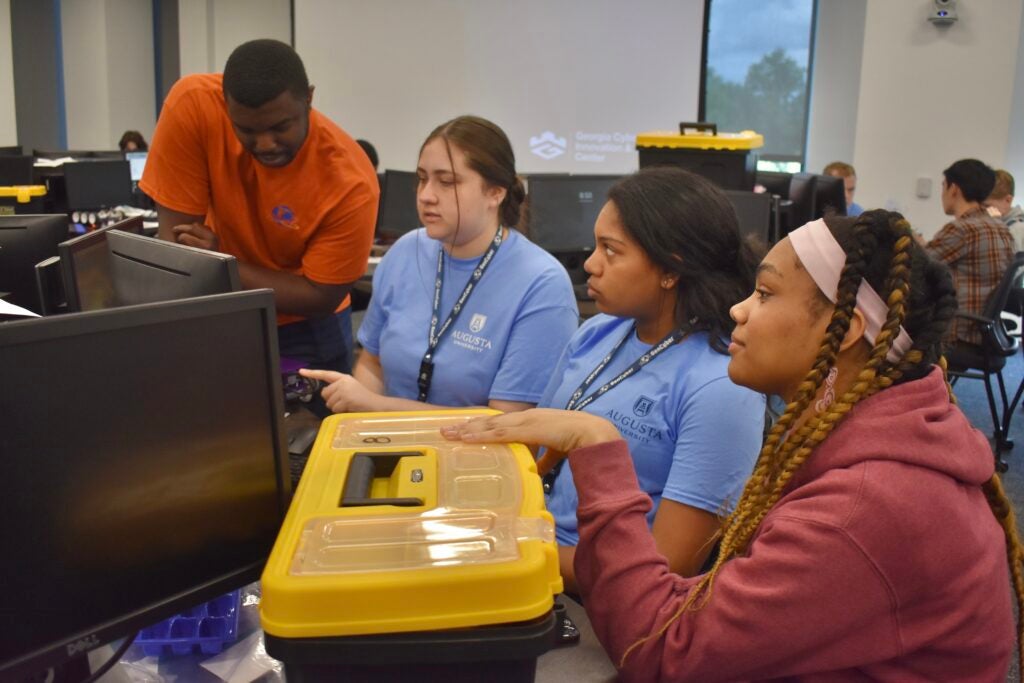
To Franklin, who attended several cyber-themed camps as a minor, a collection of such experiences is the gateway to making a cybersecurity career seem more accessible to anyone interested.
“I think it gives them a better idea and a shot at what they want to do in the future,” he said.
First-time camper Eryaunna Allen, a rising senior from A.R. Johnson Health Science and Engineering Magnet School, said she was thrilled to re-immerse herself in an interest she fell slightly out of touch with to pursue a possible healthcare career.
“I used to be in ‘Girls who Code,’ but school sort of got in the way of that, and I wasn’t able to take many computer science classes anymore with the healthcare pathway,” she said. “… but I really like both and I wanted to broaden my expectations and possible plans for the future.”
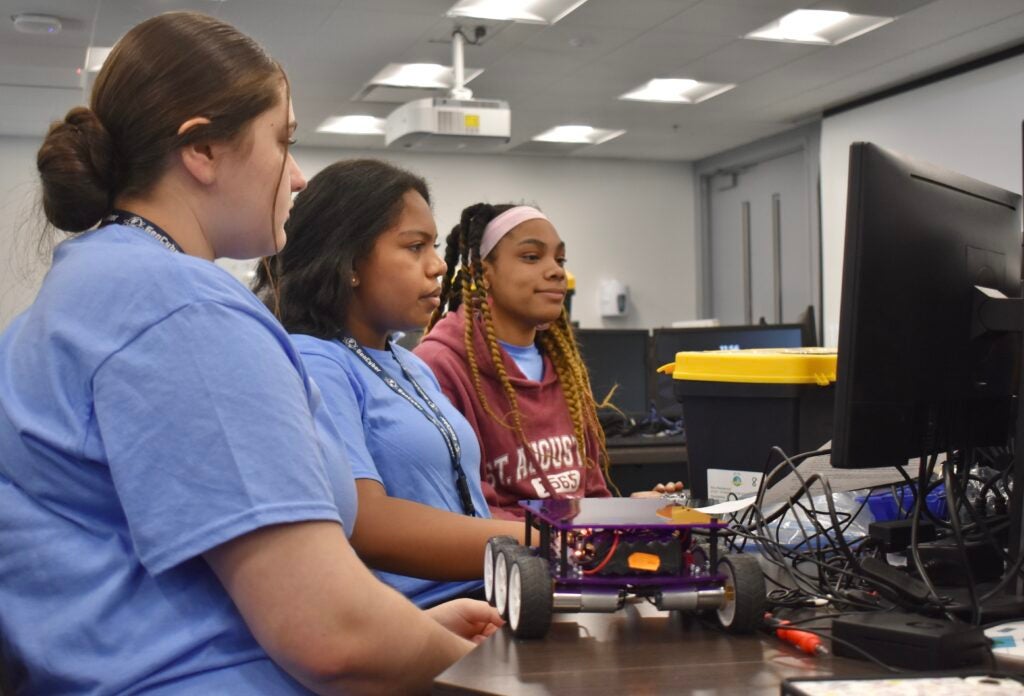
One of the GenCyber’s 11 participating female campers, Allen said she was first introduced to cybersecurity and computer science via her dad and other family members, and was pleasantly surprised to learn the importance of networking within the field.
“That was really reinforced here. I already liked networking, because I love talking and meeting new people, so I’m definitely going to take that into more consideration” she said.
Most impressed with the cyber center’s Georgia Bureau of Investigation section, Allen said she was able to gleam a lot of new information about
“I learned how much a digital footprint actually matters,” she said. “Before, when people said ‘digital footprint,’ I just thought they meant things that you posted or liked online, but it goes a lot deeper than that.”
Saddened by her lack of previous exposure to the camp, Allen said she strongly urged rising juniors to get involved with GenCyber as soon as possible to have the opportunity to experience it twice.
“[GenCyber] is amazing. It’s just a breath of fresh air,” she said. “I 100% recommend it. I had so much fun this week and I wish I could do it again.”
To find out more about next year’s GenCyber Camp, visit: https://www.augusta.edu/ccs/cyber-institute/gencyber

